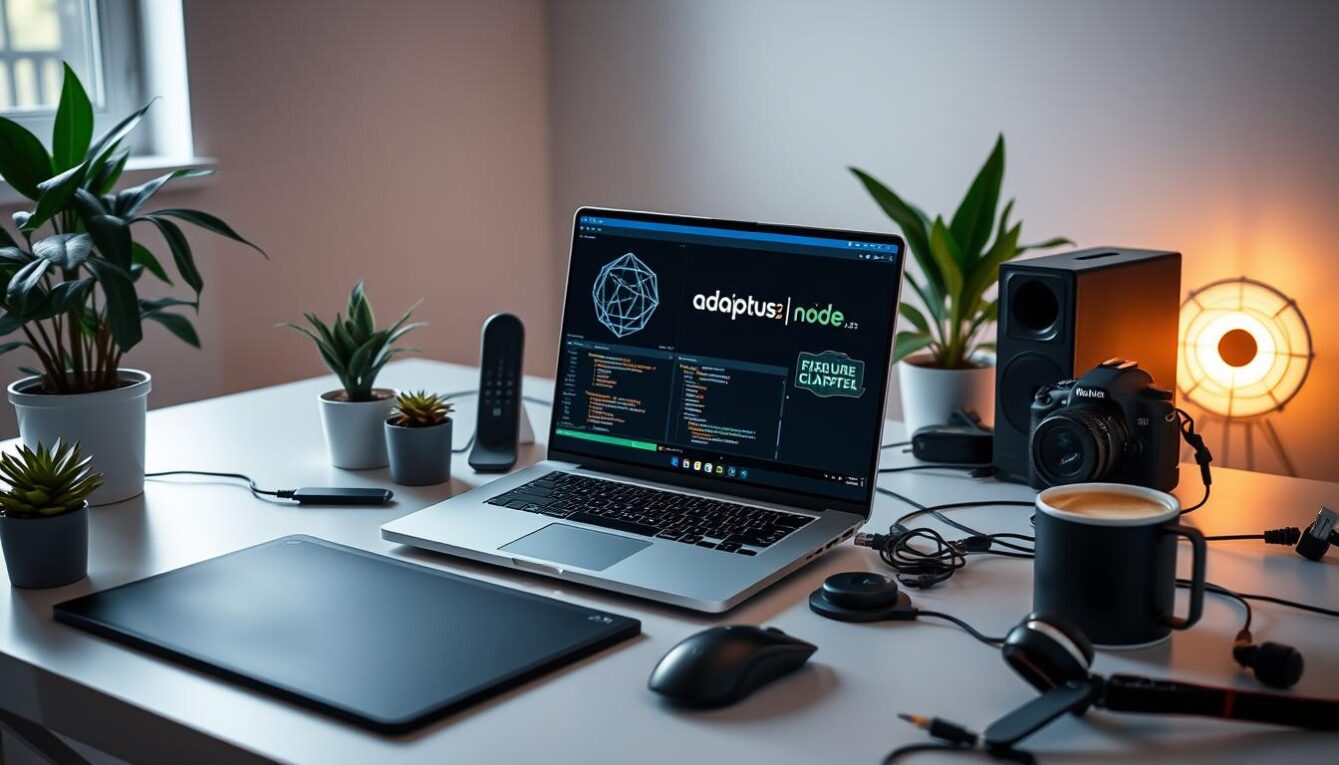Introduction
Starting a technology startup is like diving into an ocean of uncertainty. The journey from an inspired idea to a commercially successful product is paved with numerous obstacles. The road is rocky, and there are many learnings along the way.
Many technology startups fail to make it to the finish line. According to statistics, only 10% of technology startups manage to go from conception to successful commercialization. The journey is not for the faint-hearted, but it is not impossible.
In this article, we will dive deep into the journey of technology startups from idea to market. We will look at the various challenges they face and the lessons learned. So, buckle up for a bumpy ride.
From Idea to Market: The Journey of Technology Startups and Lessons Learned
1. The Conception of the Idea
The journey of a startup begins with an idea. The inspiration often comes from a problem that needs to be solved or an opportunity that needs to be seized. The first step is to validate the idea. The idea must be tested against the market to determine its viability.
Often, startups make the mistake of assuming their idea is unique and has never been done before. However, this assumption is often misplaced, and there is a high chance that someone has already tried it. Therefore, it is essential to do thorough research and validate the idea.
Lesson Learned: Always validate your idea before proceeding further.
2. Building a Team
Once the idea is validated, building a team is followed. The ideal team should consist of people with complementary skills. Everyone on the team doesn’t need to be a technical expert. A mix of technical and non-technical expertise is necessary.
One common mistake that startups make is hiring people for their skills alone. Often, personality and cultural fit are ignored, and this can lead to conflicts and issues down the line.
Lesson Learned: Hire individuals with complementary skills and take personality and cultural fit into account.
3. Product Development
Product development is the most critical aspect of a startup. The product needs to solve a problem or fill a gap in the market. It is essential to have a Minimum Viable Product (MVP) that can be tested in the market.
Many startups make the mistake of creating a product that is too complex and costly to develop. Therefore, it is crucial to keep product development simple and cost-effective.
Lesson Learned: Keep product development simple and cost-effective.
4. Market Validation
Once the MVP is developed, the next step is market validation. This involves getting feedback from potential customers. It is essential to get feedback from the target market to see whether the product solves their problem or fills a gap in the market.
Often, startups make the mistake of ignoring feedback from customers. This can lead to a product not meeting the market’s needs.
Lesson Learned: Get feedback from the target market before proceeding further.
5. Funding
The road from idea to market is long and challenging. Funding is crucial to keep the startup going. Various funding sources include angel investors, venture capitalists, and crowdfunding.
Many startups make the mistake of thinking that funds will come easily. However, the reality is different, and securing funding can take a lot of effort. It is essential to have a solid pitch and a clear understanding of the market.
Lesson Learned: Securing funding is difficult and takes a lot of effort.
6. Scaling
Once the initial product is launched, the next step is scaling. This involves growing the customer base and expanding the product line. Scaling requires a lot of resources and can be very challenging.
Many startups make the mistake of scaling too quickly. This can lead to issues with quality control and customer support. Therefore, it is essential to scale slowly and closely monitor quality control.
Lesson Learned: Scale slowly and keep a close eye on quality control.
FAQs
1. What is the most critical aspect of a technology startup?
The most critical aspect of a technology startup is product development.
2. How important is customer feedback for a startup?
Customer feedback is crucial for a startup. It helps validate the product and ensures it meets the market’s needs.
3. What is the biggest mistake that startups make?
The biggest mistake startups make is assuming their idea is unique and has never been done before.
Conclusion
The journey from idea to market is a bumpy ride. There are many challenges and hurdles along the way. However, it is possible to overcome these challenges with the right mindset and approach.
Lessons learned include validating your idea, building a complementary team, keeping product development simple and cost-effective, getting feedback from the target market, securing funding, and scaling slowly.
In conclusion, the journey from idea to market is not easy. However, it is a journey worth taking. With the right approach, it is possible to create a commercially successful product that solves a problem or fills a gap in the market. So, are you ready to take the plunge?










